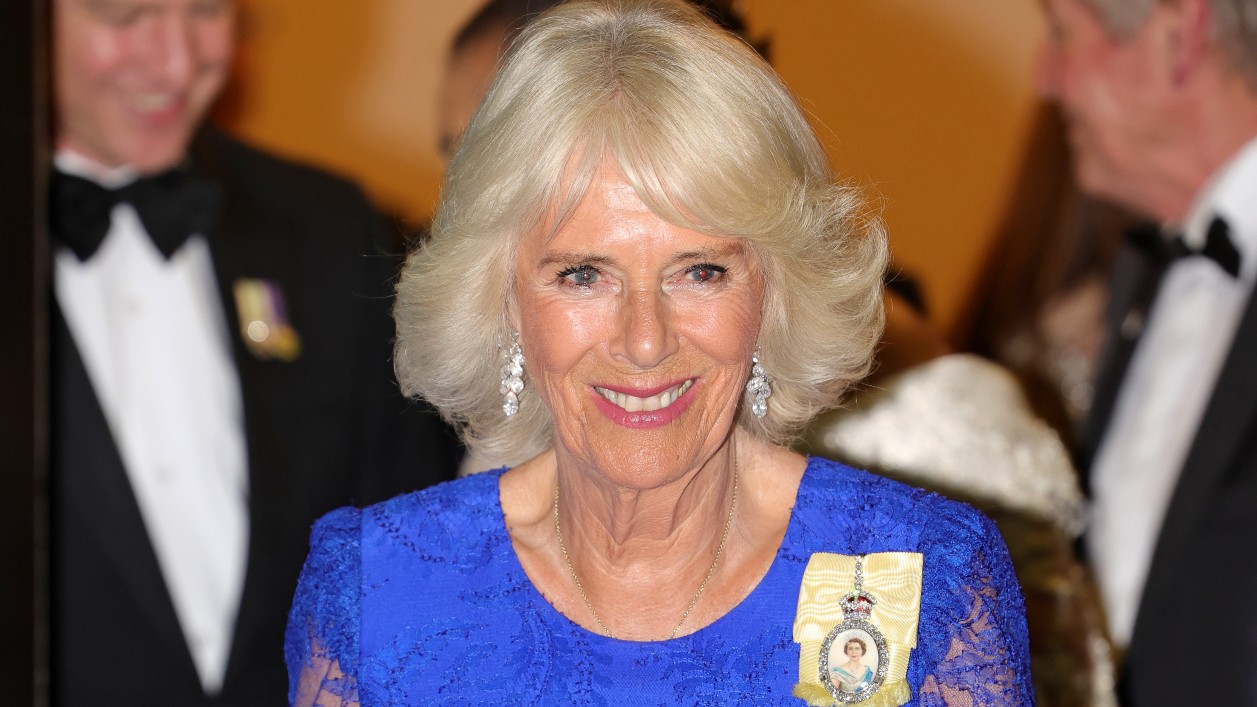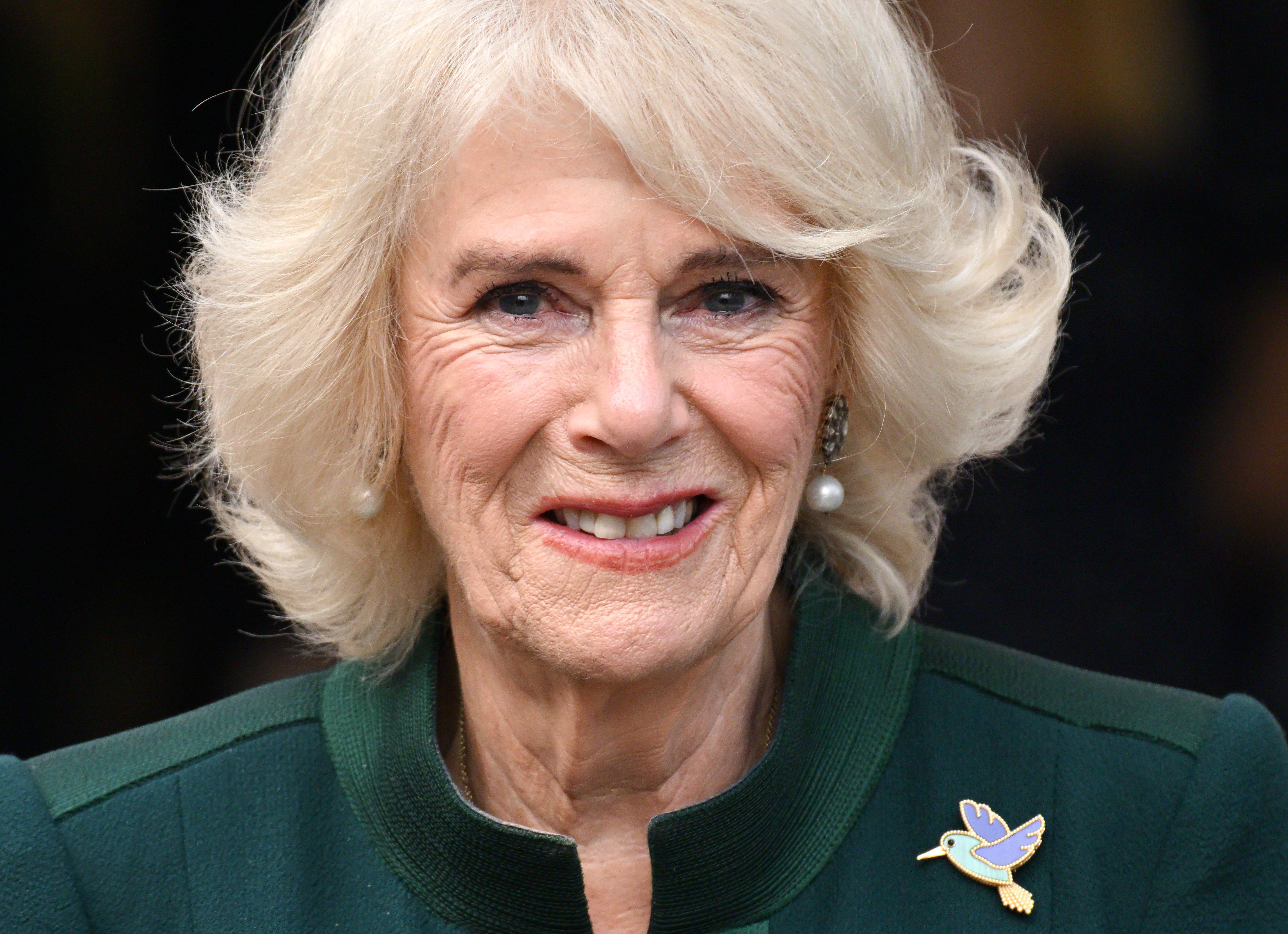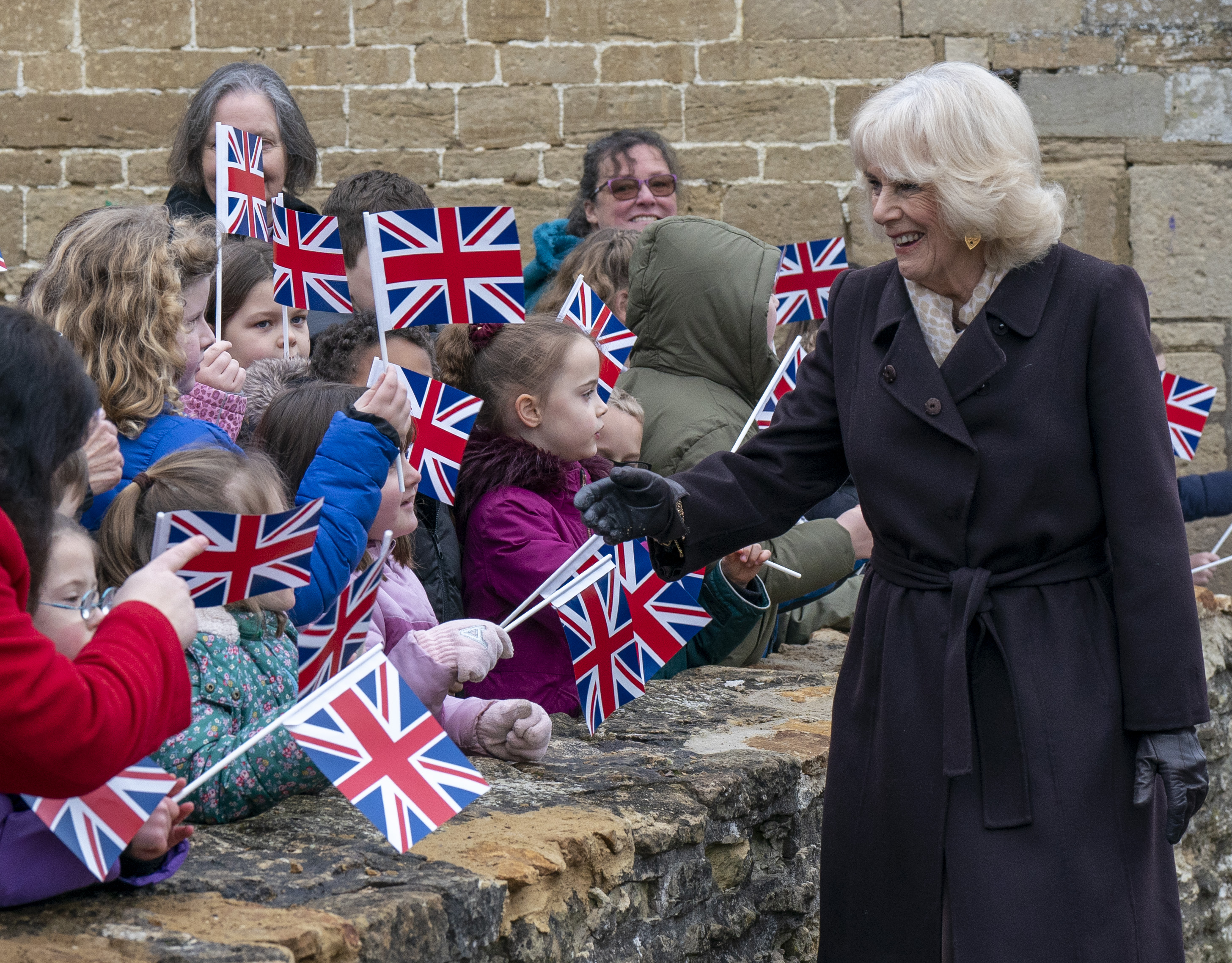What Is a Queen Consort, Exactly?
Let’s dive into the royal vernacular for a moment.


For 70 years, the royal family was helmed by Queen Elizabeth—a queen regnant, meaning a queen reigning in her own right, and not through marriage. As of May 6, we will have a queen of a different kind: A Queen Consort, the consort signifying that she (in this case, Camilla) is the wife of a king born to the throne.
“There is really no such formal title as ‘Queen Consort,’” says Christopher Andersen, author of The King: The Life of Charles III. “The wife of the King is his consort, but she has always simply been called Queen. The royals have a knack for dreaming things up. There was no such thing as a ‘Queen Mother’ either, until the late Elizabeth II’s mum decided that’s what she wanted to be called.” (After her husband, King George VI, died unexpectedly and young in 1952, Queen Elizabeth became the Queen Mother; she lived for another 50 years and held that title far longer than she held the title of Queen.)

Camilla has largely been referred to as Queen Consort since King Charles’ accession day of September 8 of last year, mostly to avoid confusion between referring to “the Queen” and not knowing if it was Camilla or Elizabeth. As of May 6, the “consort” looks to be dropped in favor of Camilla just being known as Queen Camilla.
“The wives of English Kings are consorts, but that word was never used in their titles,” Andersen says. “The wife of George V was simply Queen Mary, and the wife of George VI was Queen Elizabeth.”
So why wasn’t Prince Philip—Queen Elizabeth’s husband of 73 years—called King Consort or King? Think of it like chess, albeit archaic: “The Queen Consort is the wife of the King—not Princess Consort,” says Roberta Fiorito, cohost of Royally Obsessed, a Gallery Media Group podcast. “Queen is not a level above King, so they’re allowed to do so. It’s so outdated to talk about these things, and so egalitarian. You wouldn’t think you’d have separate rules for different genders, but it’s a longstanding rule, like in chess—a queen can’t outrank a king, and could never potentially overthrow the king. A King Consort could technically outrank a Queen, so that’s why the rule was put in place.”

The “consort” simply signifies “that Camilla has married the King, and married into her position and wasn’t born into her position,” says Kinsey Schofield, host of “To Di for Daily” podcast. “She is his support system but doesn’t have any power. The royals we watch and admire today don’t marry for politics or to secure power anymore. If we asked anybody on the street what the difference is [between a Queen and a Queen Consort], I don’t think a normal person would be able to tell you the difference. As to shortening Camilla’s title from Queen Consort to Queen, if you think about it, when we look back on the Queen Mother, who was technically a Queen Consort, not once did we ever refer to her as ‘Queen Consort Elizabeth.’ So, cutting Charles some slack, that might be why Charles wants Camilla to be Queen and not Queen Consort—he grew up so heavily influenced by the Queen Mother.”
If you're currently outside the U.K., you can use a VPN like ExpressVPN—which has a 30-day free trial—to watch the coronation live on the BBC, which aired Queen Elizabeth II's coronation in 1953.
Get exclusive access to fashion and beauty trends, hot-off-the-press celebrity news, and more.

Rachel Burchfield is a writer, editor, and podcaster whose primary interests are fashion and beauty, society and culture, and, most especially, the British Royal Family and other royal families around the world. She serves as Marie Claire’s Senior Celebrity and Royals Editor and has also contributed to publications like Allure, Cosmopolitan, Elle, Glamour, Harper’s Bazaar, InStyle, People, Vanity Fair, Vogue, and W, among others. Before taking on her current role with Marie Claire, Rachel served as its Weekend Editor and later Royals Editor. She is the cohost of Podcast Royal, a show that was named a top five royal podcast by The New York Times. A voracious reader and lover of books, Rachel also hosts I’d Rather Be Reading, which spotlights the best current nonfiction books hitting the market and interviews the authors of them. Rachel frequently appears as a media commentator, and she or her work has appeared on outlets like NBC’s Today Show, ABC’s Good Morning America, CNN, and more.